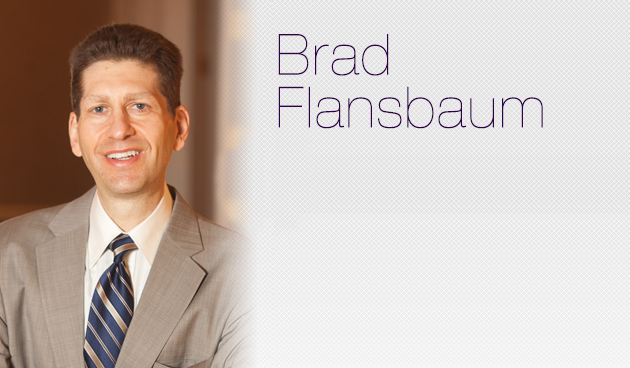“Membership in the American Academy of Professional Coders has risen to more than 170,000 today from roughly 70,000 in 2008.”
“The AMA owns the copyright to CPT, the code used by doctors. It publishes coding books and dictionaries. It also creates new codes when doctors want to charge for a new procedure. It levies a licensing fee on billing companies for using CPT codes on bills. Royalties for CPT codes, along with revenues from other products, are the association’s biggest single source of income”
Aint that something?
Okay, I would rank Elizabeth Rosenthal up there with Atul Gawande and Lisa Rosenbaum in the pantheon of standout healthcare writers active today. They are all docs and have more skill in their writing pinky than I have in my entire body. They have a unique talent in stitching together narratives that speak to both docs and patients in their language–and do it within the same text while also driving home a universal theme everyone can grasp.
This weekend in the NYT Mag, Rosenthal wrote a killer piece on medical coding: how we as providers game the system (we should all look in the mirror), how a medical arms race has blossomed around the practice with an industry to go along, and how its costing us a fortune.
Medical coding is something we hear about because it drives reimbursement. But it also mucks up risk adjustment for plan payments and skews research data. If you look at a heat map of the country for a given DRG and regional case-mix index scores, you will note something curious. Patient acuity is the same (we know. data thing), and yet scores are all over the map. Its called money and upcoding. Dallas, Philly, and Miami do it one way. Portland, San Fran, and Nashville do it another. Why?
Just read the piece. Its awesome. It takes a lot of talent to do what she does and edit in and out just what matters.
And here is a little something about what inadequate risk adjustment does. There are plenty of these types to go around—this one happens to be a bellwether, but dozens like it come out every year. Here is a particularly nasty example occurring as we speak.



Leave A Comment